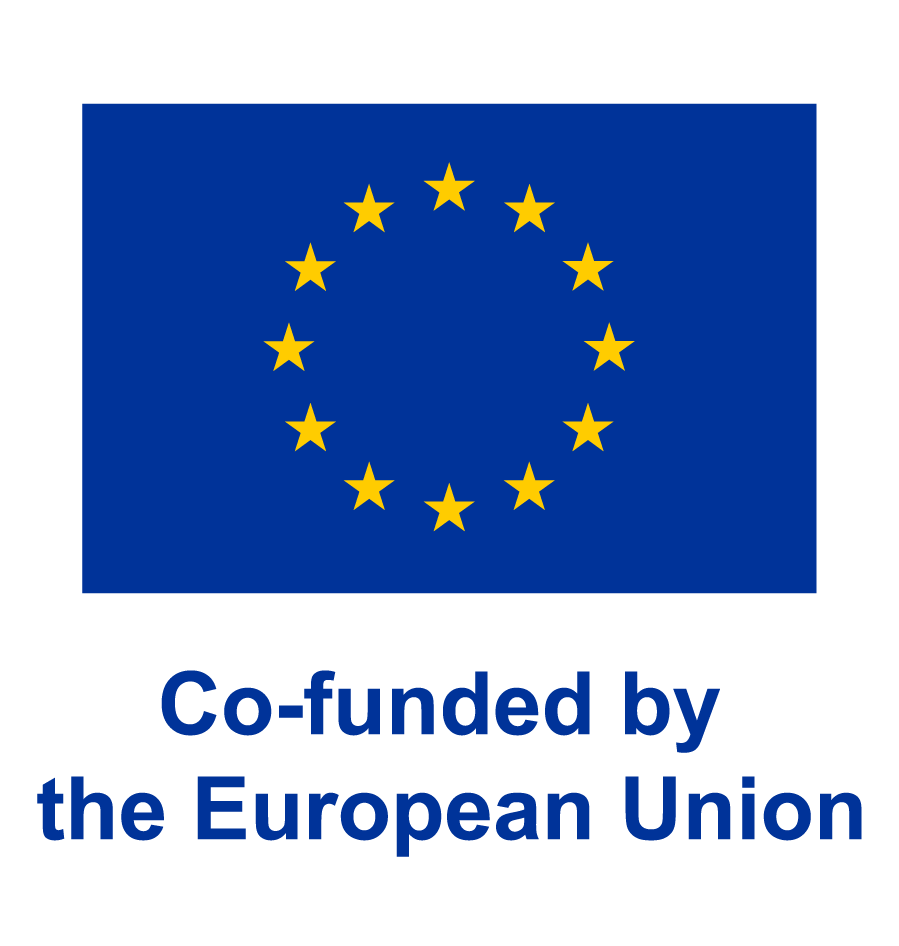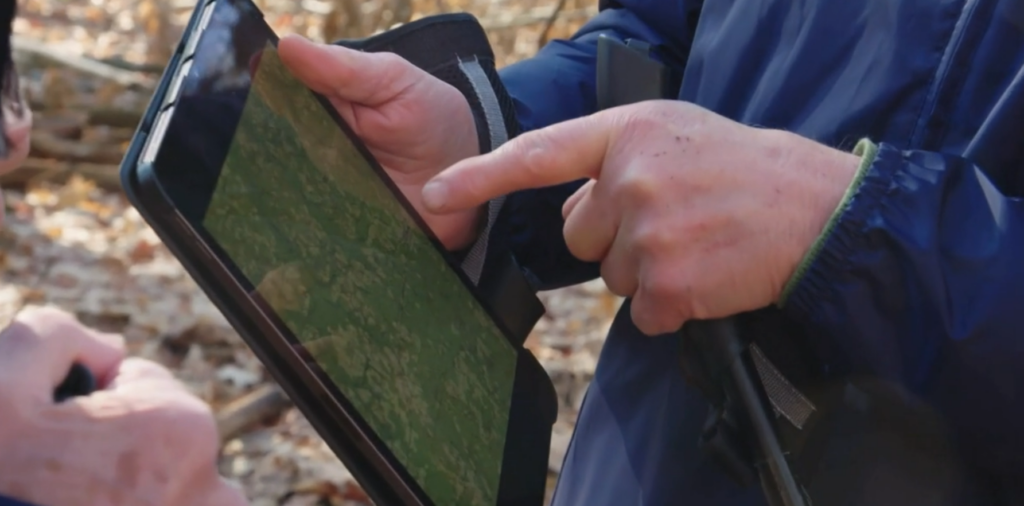ForDiL
Forest of the future: digital tools for learning about and promoting the CMCC

The Royal Forestry Society of Belgium (RFSB, Belgium), in partnership with the Mendel University of Brno (MENDELU, Czech Republic), the Institut Genech (UFA, France), the Institut Technique Horticole of Gembloux (ITH, Belgium) and the Centre de Développement Agroforestier of Chimay (CDAF, Belgium), has launched a new Erasmus+ project called ‘ForDiL’ for ‘forest digital learning’. The main aim of this project is to promote learning about continuous cover mixed silviculture (CCMS) using digital tools.


CCMS
The CCMS is an ecosystem-based, integrative approach that aims to promote the maintenance, conservation and use of forests in all their multifunctionality. This approach is based on various principles such as maintaining forest cover, protecting rare species, etc. These principles may vary according to the specific context of each country, but are generally based on understanding, using and respecting the natural dynamics of forest ecosystems, from an economic, environmental and social perspective. The CCMS approach aims to promote the resilience of forest ecosystems, a fundamental challenge in the face of climate change if we are to pass on healthy, multifunctional forests to future generations.
Marteloscope/Travailloscope
These teaching tools enable learners to assess the impact of interventions in the forest.
In concrete terms, a ‘marteloscope’ is a forestry site, generally rectangular, with a surface area of one hectare, where all the trees are numbered, mapped and recorded. Based on this data and the results of the fictitious hammering carried out by the learner, a software will guide and assess the learner's choices in terms of tree felling/conservation.
A travailloscope works on the same basic model but aims to test the results of different silvicultural operations and the impacts (economic, ecological) favourable or unfavourable to irregular stand management.
These exercise workshops will enable learners, individually or in groups, to practise in the field, drawing up reports, compare and discuss results.
The aim of the project is to create an autonomous digital training tool. It is aimed at current and future forest owners and managers (students in silviculture or forestry courses at vocational schools and higher education establishments), in order to develop their skills in this new approach to forest management. Several specific activities are planned, including the development of a marteloscope and a travailloscope incorporating the CCMS approach.

After a research and design phase, the partners are working on developing and testing these two devices, which will then be integrated into an application that can be used in the field. Students and lecturers from the partner institutions are involved in the test phases and benefit from exchanges with other European students on CCMS in relation to various forest stands.
The expected outcome of the project is an application available in English, French and Czech, offering target audiences a digital educational tool enabling them to experiment with CCMS independently.
This project began at the end of 2023 and will run for 3 years.
Follow the project news
Articles
No articles written yet
